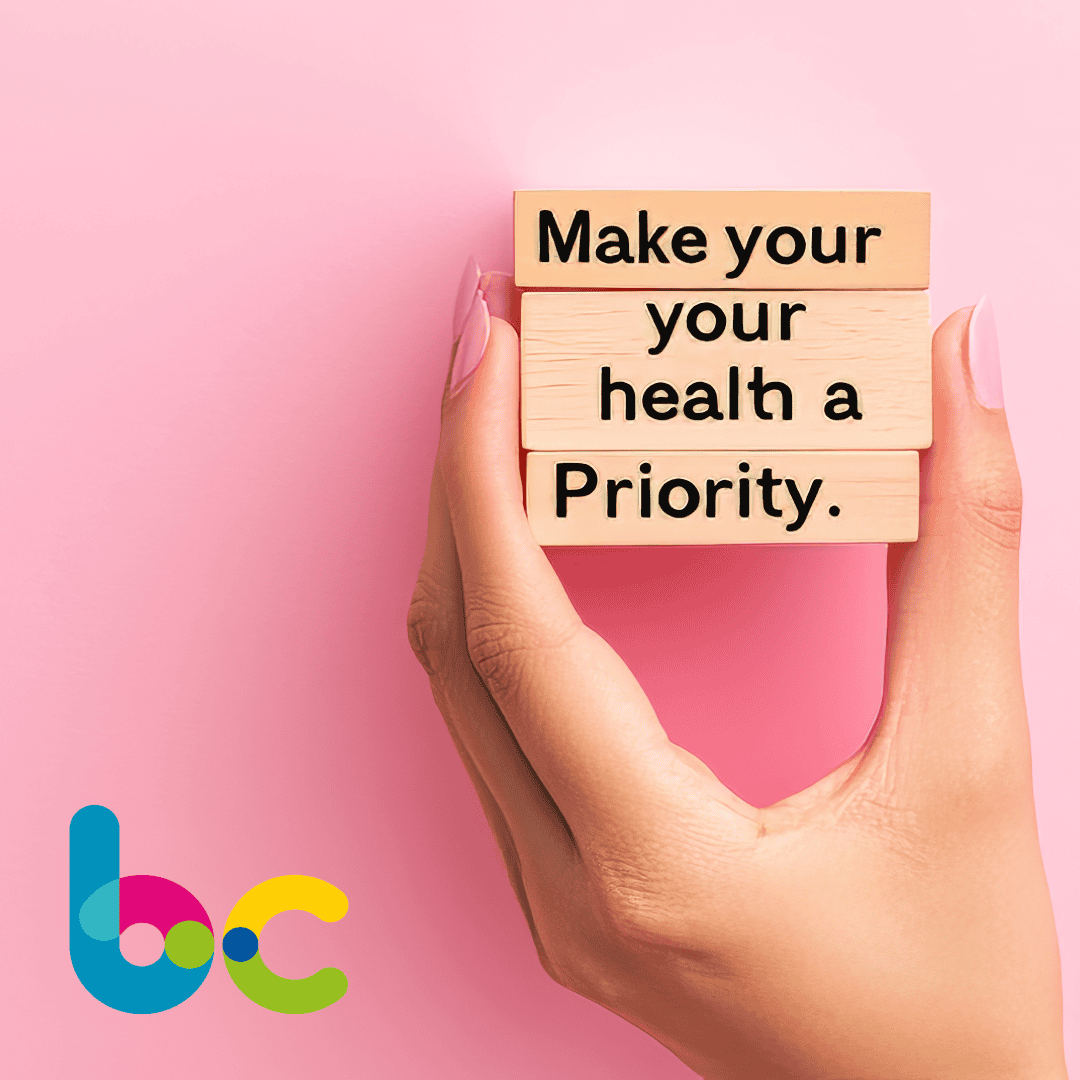But the issue goes further than just one awareness month. Carers often neglect their own health as they focus more on the person they care for and their immediate needs. Why does this happen and what can you do about it?
1. Prioritising others over yourself
Carers are naturally inclined to prioritise the needs of their loved ones over their own. This selflessness, while admirable, often means that your own health concerns take a back seat. Do you skip meals, forgo exercise, or delay medical appointments because you are focused on providing the best care possible?
2. Time constraints
The demands of caring can be overwhelming, leaving little time for self-care. Many carers juggle multiple responsibilities, including work, family, and caring. This constant juggling act can lead to exhaustion and burnout, making it difficult to find time for activities that promote your own health and well-being.
3. Emotional stress
Caring can be emotionally taxing, especially when caring for someone with a chronic illness or disability. The emotional burden can lead to stress, anxiety, and depression, which in turn can negatively impact physical health. Have you found yourself neglecting your own health as you struggle to cope with the emotional demands of your role?
4. Lack of support
Many carers feel isolated and unsupported. Without a strong support system, it can be challenging to find the time and resources needed to take care of your own health. The absence of respite care or assistance from family and friends can exacerbate this issue, leaving you feeling overwhelmed and alone.
5. Financial constraints
Caring can be financially draining, especially if you have to reduce your working hours or leave your job entirely. The financial strain can make it difficult to afford services, nutritious food, or other essentials for maintaining good health.
6. Guilt and self-blame
Carers often experience feelings of guilt and self-blame. Do you sometimes think that taking some time for yourself is selfish? This mindset can prevent you from seeking the care and help that you need. You may feel that your own health is less important than the health of the person you are caring for, but if you are not fit enough to care – what happens then?.
7. Physical exhaustion
The physical demands of caring, such as lifting, bathing, and assisting with mobility, can take a toll on the body. Chronic physical exhaustion can lead to a range of health issues, including musculoskeletal problems, fatigue, and weakened immune function. You might be neglecting your own health simply because you are too physically drained to take care of yourself.
Looking after your own health is important. If you would like some help or advice in how to improve your health, speak to your GP or contact our Adult Carers Team who can support you and refer you to a local social prescriber.


